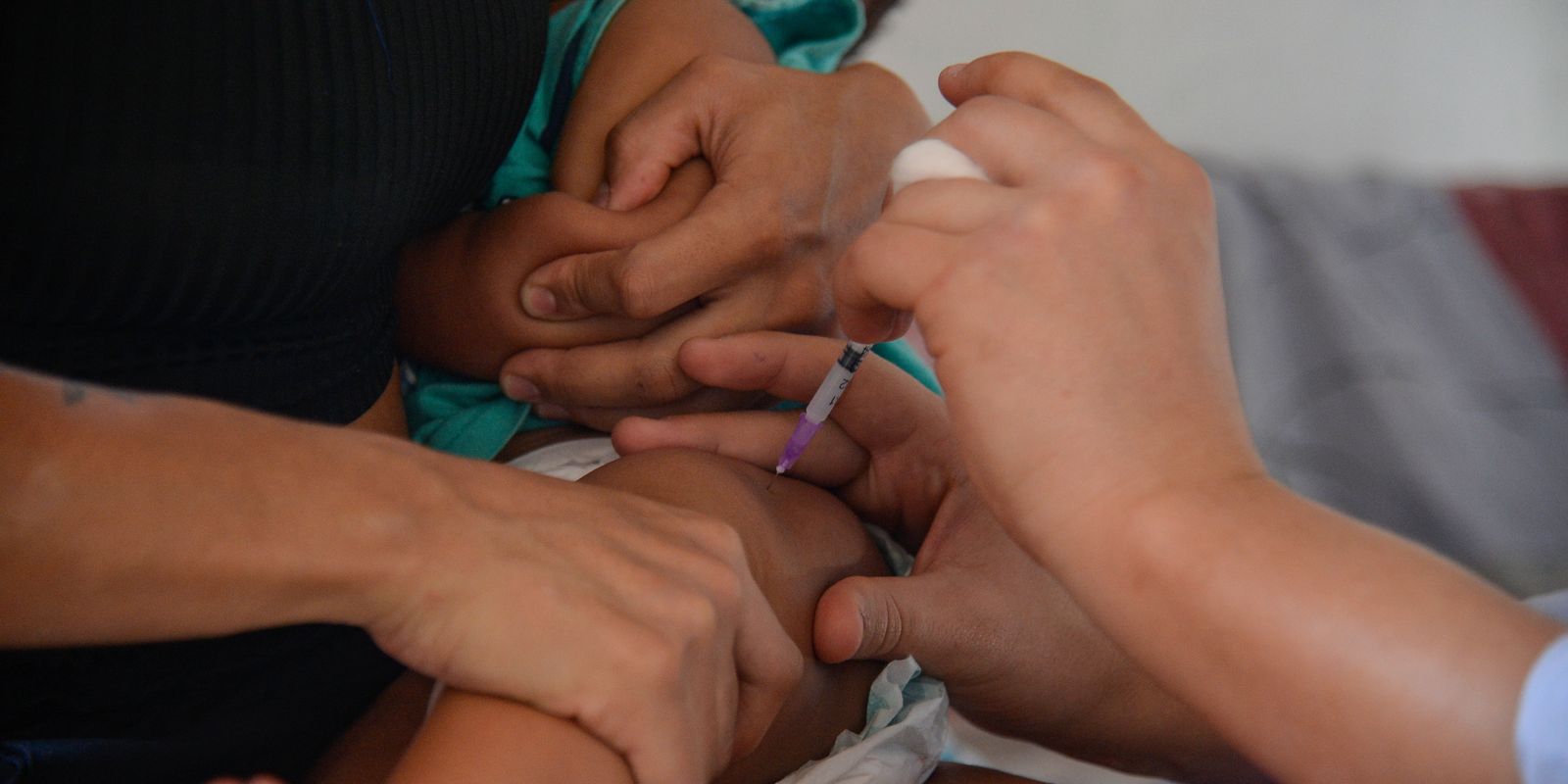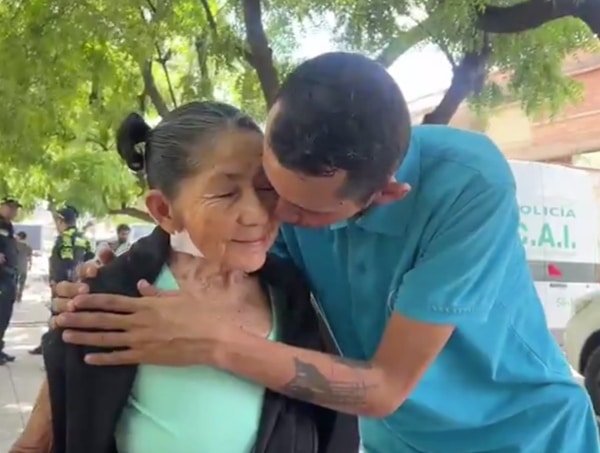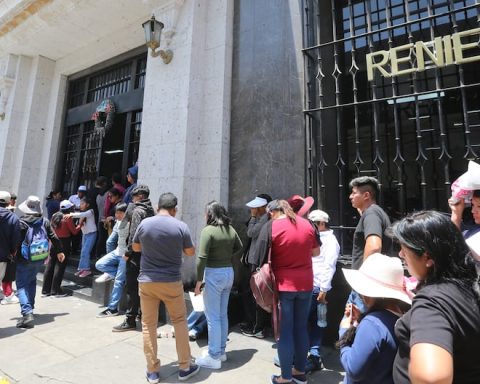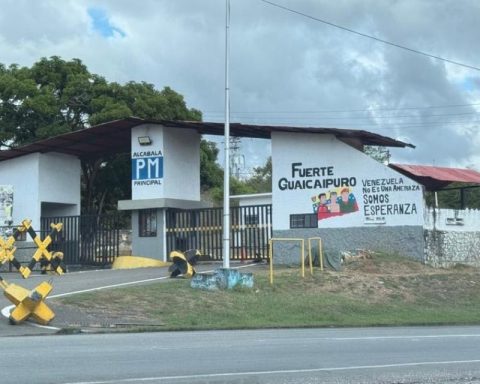The year 2024 had 3,253 records of reported cases of pertussis, which makes it the year with the most cases since 2014, when 8,622 cases of the disease were recorded. In 2013, 3,113 sick people were recorded, according to the epidemiological panel of the Ministry of Health (MS). 
Pertussis rates began to fall from 1990 onwards, when there were around 10 cases per 100 thousand inhabitants (index of 10.0) with the increase in vaccination of the population. This year, only the state of Paraná had an index at this level, recording a coefficient of 10.60.
According to infectious disease specialist Mirian Dal Ben, from Hospital Sírio Libanês, the main reason for the increase in cases this year is the drop in vaccination, which should be at the level of 95%. She also cites better access to laboratory tests that use molecular biology, which have become more accessible in recent years, which has improved the ability to confirm cases.
Another factor in the increase in cases is the lack of vaccination booster for adolescents. “In Brazil, the vaccine that protects against pertussis is administered to young children (less than 6 months) and boosters to children after 1 year of age. Adolescents do not receive the booster that increases protection against pertussis, unlike what happens in the United States and Europe”, explained Dal Ben.
Cases
In Paraná there are 4 of the 13 deaths recorded this year, according to the Ministry of Health, and 1,224 cases. São Paulo is the second state in total cases, with 870 cases registered in the last bulletin.
Vaccination coverage in Paraná for the pentavalent vaccine in children is 90%, while DTP coverage is 86% in the state. For pregnant women, the rate of those who were not vaccinated is 53.3% (21,253 pregnant women).
The drop in vaccinations for pregnant women is worrying, as they are strategic to prevent the disease in children. “This vaccination is extremely important, because it helps protect the unborn baby, who is among the most vulnerable population, at greater risk of becoming seriously ill, and we also vaccinate health professionals who deal with these young children”, concluded Dal Ben.
In São Paulo, the average coverage for children was 86.1% in September.
Illness
Whooping cough is a transmissible respiratory infection caused by the bacteria Bordetella Pertussis. It compromises the respiratory system, trachea and bronchi, and is characterized by attacks of dry cough. Present all over the world, the disease is transmitted by coughing, sneezing or speaking from an infected person.
The vaccine is made available by the Unified Health System (SUS) and the primary schedule includes three pentavalent vaccines at 2, 4 and 6 months. Then there are reinforcements with DTP, which protects against diphtheria, tetanus and pertussis – triple bacterial.
*With information from TV Brasil

















